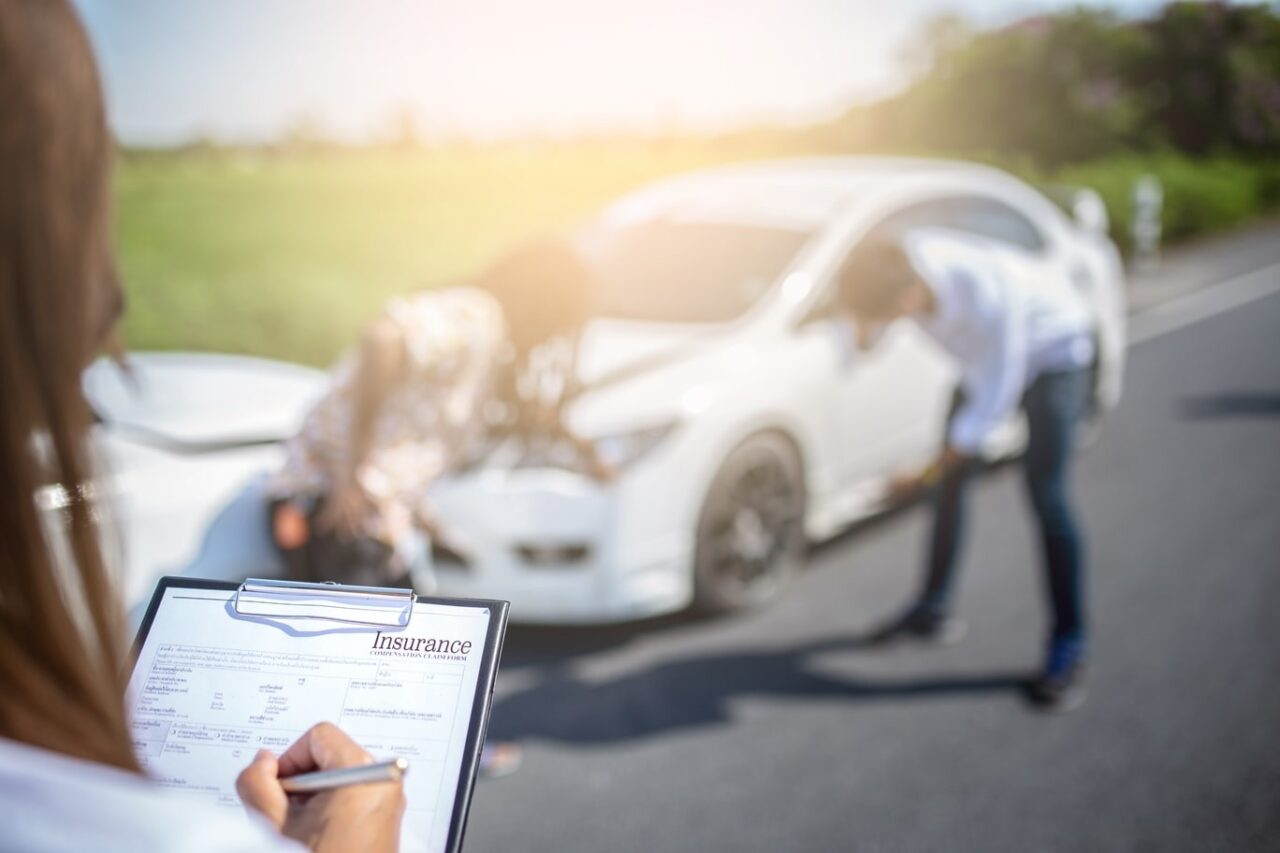Case Name: Wakia Afrin (Minor) V. M/S National Insurance Co. Ltd
Case Number: SLP (C) Nos. 15447-48 of 2024
Date: AUGUST 01, 2025.
Quorum: Justice Sudhanshu Dhulia and Justice K. Vinod Chandran
Facts
• Background: Wakia Afrin, the minor petitioner, lost both her parents in a motor accident when a car, driven and owned by her father, ran into another car after the tyre burst.
• Proceedings: The Motor Accident Claims Tribunal, Cuttack, granted her compensation under Section 163A of the Motor Vehicles Act, 1988: Rs.4,08,000 for the death of her mother and Rs.4,53,339 for the death of her father (the owner-driver).
• High Court Judgment: It cancelled the claim on the father, stating that it is impossible to make a dead person a defendant and hence the petition was invalid. It did, however, acknowledge the insurance policy to be valid and upheld that the car was being driven by a competent driver.
Issues
•Whether a claim under Section 163A can be maintained by the legal heir of a vehicle owner for the death of the owner in an accident caused by the owner’s own vehicle.
• Whether Section 155 permits such a claim to survive against the insurer on the death of the insured.
• If a successor heir (as owner’s successor in the estate) is liable and the recipient of damages under the same action.
Legal Provisions Involved
• Section 163A, Motor Vehicles Act, 1988: Envisages compensation on a formula basis on a “no-fault” basis.
• Section 155, MV Act: Allows claims to persist even when the insured dies.
• sections 147/149, MV Act: Cover insurance, mainly for third-party risks.
• Section 166: General provision of compensation, proof of fault.
Arguments
Petitioner’s Arguments:
• Section 155 maintains the right to recover even after the death of the insured.
• Section 163A, in its non-obstante clause, overrides limitations in the rest of the Act and grants compensation to all victims of the vehicle’s use, including the heirs of the owner.
• The insurance policy was active and valid at the time of the accident occurrence.
Respondent’s Arguments:
• The heir (petitioner) inherits the property of the owner, including liabilities, and cannot claim damages against herself.
• According to terms of policy, owner-driver compensation limit is Rs.2,00,000 and statutory cover is third party only.
• Section 163A provisions exclude claims by a legally heir against the estate of an owner-driver; in these cases, compensation under the “no-fault” system is not compulsorily payable under the law.
Analysis
The Court reviewed several precedents, specifically the ones laid down in Dhanraj (2004), Jhuma Saha (2007), Rajni Devi (2008), Ningamma (2009), and Ramkhiladi (2020).
• These cases tended to think that statutory insurance liability is limited to third party risks or where the decedent was not the tortfeasor (not at fault/responsible party).
• The Court nonetheless noted that the non-obstante clause of Section 163A is extremely wide, that it seems to override even other provisions like insurance contract limits as well as the general caption of Chapter XI, dealing with third-party liabilities.
The Court observed that earlier judgments restricting Section 163A to third-party cover were on benches of two judges and are not binding in the context of the words of the statute.
The judges observed that Section 163A itself does not state that claims of heirs of the owner or driver are excluded, and it could well be that the exclusion of such claims is not in accordance with the legislative objective of providing “no-fault” compensation.
The Court acknowledged that the statute’s language supports a more comprehensive interpretation, which allows for heirs’ claims even in cases where the owner is the decedent, subject to the applicability of the structured formula and policy coverage.
Judgement
• The Supreme Court declared that the High Court’s technical basis for dismissing the claim (impleading a dead person) was invalid in light of Section 155.
• The mother’s death award was reinstated under Section 163A.
Whether the legal heir can recover damages for loss of the owner or insured person under Section 163A—avoiding the constraints of “third party” restrictions—was held to be a significant issue of law marked by significant precedential conflict.
• The issue was referred to an enlarged panel for decision, remembering that earlier coordinate benches had adopted an opposite (restrictive) stance.
The Court ruled that the question demands a definite ruling due to the wide-ranging consequences to victims of motor vehicle accidents and the conduct of insurance companies.
Conclusion
The restitution of compensation associated with the mother’s demise is reinstated for the minor petitioner. Whether compensation for death of the owner/insured by a legal heir under Section 163A is legal is uncertain; the Supreme Court has referred the issue to a larger bench to resolve the conflict of precedent. The judgment is towards a possible shift to a broader scheme of social security under the Motor Vehicles Act and clarifies the intent of the systematic “no-fault” liability system; however, the final judgment is subject to a binding order of a larger bench.
This ruling establishes the victims’ heirs’ procedural rights and foretells the potential extension of “no-fault” statutory liability pending final determination.
“PRIME LEGAL is a full-service law firm that has won a National Award and has more than 20 years of experience in an array of sectors and practice areas. Prime legal falls into the category of best law firm, best lawyer, best family lawyer, best divorce lawyer, best divorce law firm, best criminal lawyer, best criminal law firm, best consumer lawyer, best civil lawyer.”
WRITTEN BY __ Kondala Phani Priya


